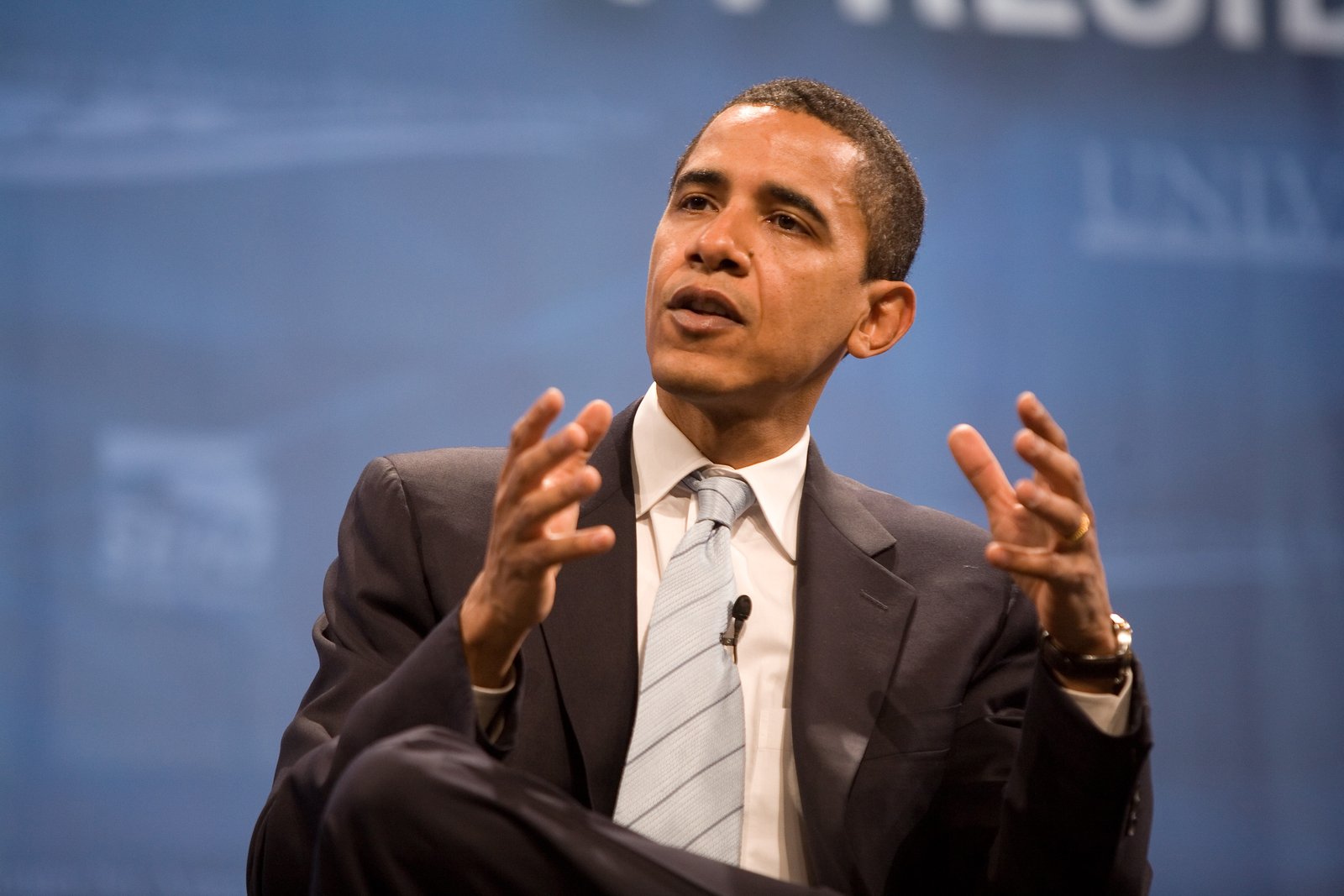When Google Calls the Shots: Techno-Politics and the CEOs Who Outrank Presidents
World News & Politics / Date: 05-26-2025

In the past, formal statements behind bulletproof glass, flags, and anthems were symbols of power. Right now? It looks like a hoodie-clad CEO whispering into an algorithm. This article unpacks a world you’re already living in—but might not have noticed yet. It’s about how tech moguls aren’t just rich—they’re reshaping politics, rewriting norms, and in many ways, outranking the very leaders we elect. Let’s dig into why that should either terrify you—or make you rethink everything you know about power.
The Myth of Political Power Is Dead—And No One’s Grieving
Let’s get one thing straight: Presidents are no longer the most powerful people in the room. Sure, they sign bills and pose for press shots. But in 2025? That doesn’t move markets or change culture the way one tweet from Elon Musk or one policy change at Meta does.
We used to think democracy was the ultimate decision-making tool. But here’s the uncomfortable truth: algorithms now shape public behavior more directly than legislation does.
At CES 2025, a panel featuring Tesla’s AI Ethics team admitted that their car’s decision-making matrix—in high-risk crash scenarios—"took into account localized social data to determine ethical outcomes." Read that again. A car is making ethical decisions based on social analytics. Not laws.
A 2024 McKinsey micro-study revealed that 68% of U.S. tech employees believe their company's values have more influence on their worldview than national politics. Think about that. Not only are these companies wealthier than most governments—they’re forming ideologies.
The Time Tim Cook Snubbed the Senate
Let’s rewind to February 2024. The U.S. Senate invited Apple CEO Tim Cook for a hearing on global data privacy. What did he do?
He sent a pre-recorded statement. Didn’t even show up.
Imagine if a foreign president had done that. Outrage. Sanctions. Media storms. But Tim Cook? A few murmurs and that was it. Because, frankly, Apple doesn’t need Washington’s approval to dominate—it already owns the ecosystem your entire digital life runs on.
What makes this worse? No one blinked. Apple shares actually went up 1.2% that week, while the Senate’s public approval rating? Dipped below 9%.
Here’s the twist: It wasn’t a scandal. It was a signal. A subtle but seismic shift where tech sovereignty trumps state sovereignty.
The New World Order: Boardrooms Over Ballot Boxes
This isn’t some doomsday, tin-foil-hat prophecy. It’s just math and money.
Let’s break it down:
- Amazon’s AWS division alone generated $100B in revenue in 2024—more than the GDP of over 130 countries.
- OpenAI's ChatGPT, following its 2025 government-mandated audit, was declared “an essential service” by the EU. Like water. Like electricity.
- At a private Davos dinner (yeah, those still happen), leaked audio quoted a senior IMF advisor saying: “We can’t regulate them. We depend on them.”
And here's where things get wild: corporate terms of service are now more enforceable than constitutional rights in many regions. Get banned by Meta or Google? Your online presence vanishes. No due process. No appeal. Just poof.
Isn’t that more powerful than any arrest warrant?
What Can Be Done (And No, Voting Isn’t Enough)
Now before you grab your torch and pitchfork—or start live-tweeting this—here are three non-generic ways to fix or at least navigate this new reality.
1. Push for Algorithmic Transparency Laws—Locally
National governments move slow. Cities and states move faster. Santa Clara County, which is located right in Silicon Valley, approved a law requiring all algorithms that are visible to the public to provide their decision-making criteria in 2024. Little? Sure. But it’s a blueprint. Imagine your city doing the same—requiring transparency in school placement, police algorithms, or even loan approvals.
Let’s be real—waiting for federal regulation is like refreshing a frozen webpage. You need local action.
2. Decentralize Your Data Footprint
Big Tech wins because it knows you better than your own mom.
Solution? Obscure your pattern. Use privacy-first tools like Signal, ProtonMail, or decentralized platforms like Mastodon. Yeah, they’re clunky sometimes. But every byte you reroute is a byte not feeding the beast.
You don’t need to go full off-grid hermit. Just… scramble the map a bit.
3. Hold CEOs Accountable Like Politicians
In 2025, there are more tech whistleblowers on Substack than ever before. Some brilliant, some bitter. Either way? Amplify them.
Ask your local representatives: Why does Sundar Pichai not face the same public scrutiny as senators? Compose opinion pieces. Attend meetings with shareholders. Actually, if you own even one share of stock, you have the right to vote. Make use of it.There’s no "tech election day." But that doesn’t mean there’s no leverage.
Follow Us
Newsletter
Subscribe to our newsletter to stay updated with our latest news and offers.
We respect your privacy.Trending










